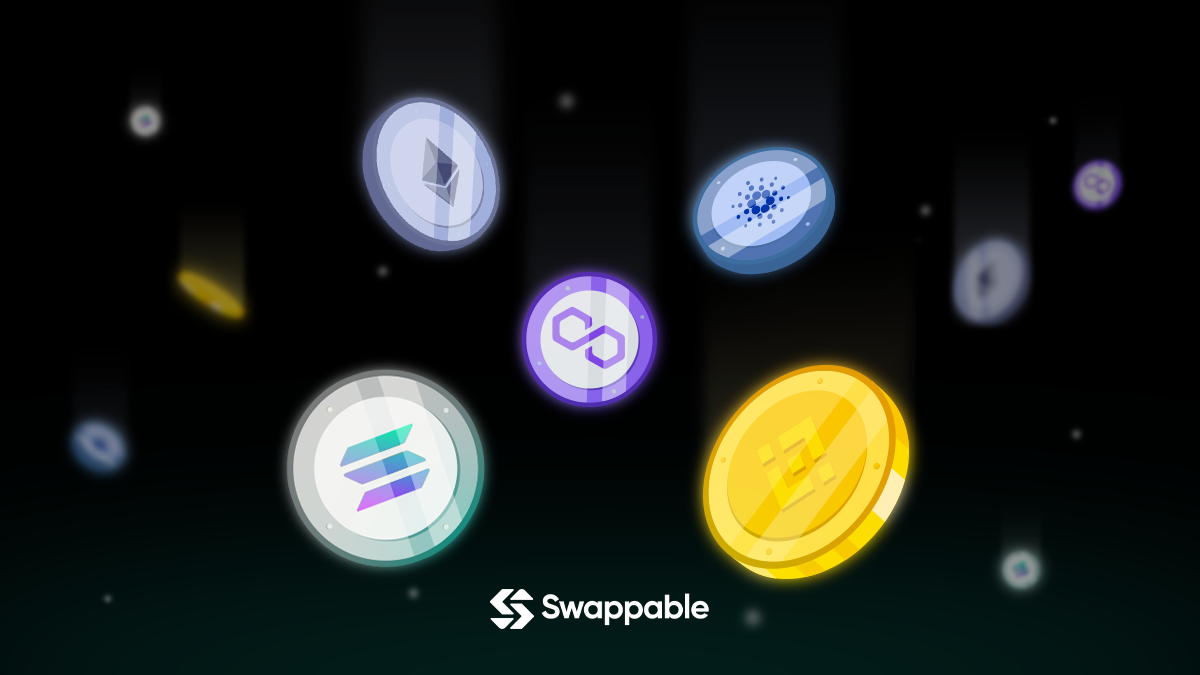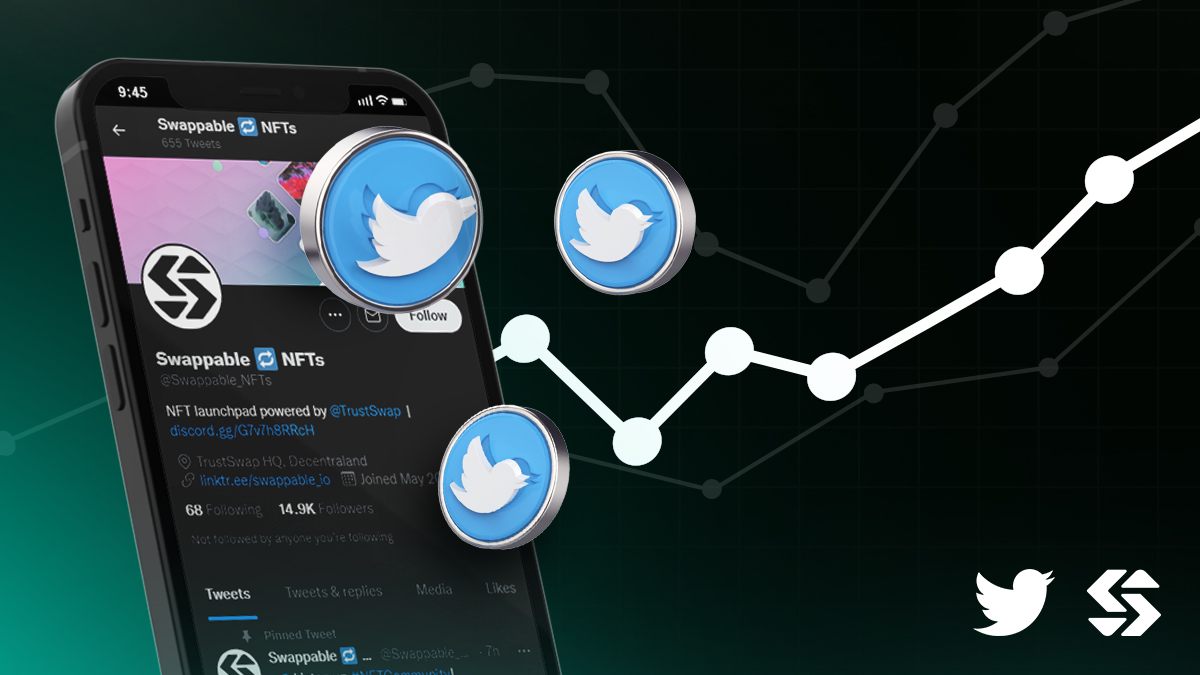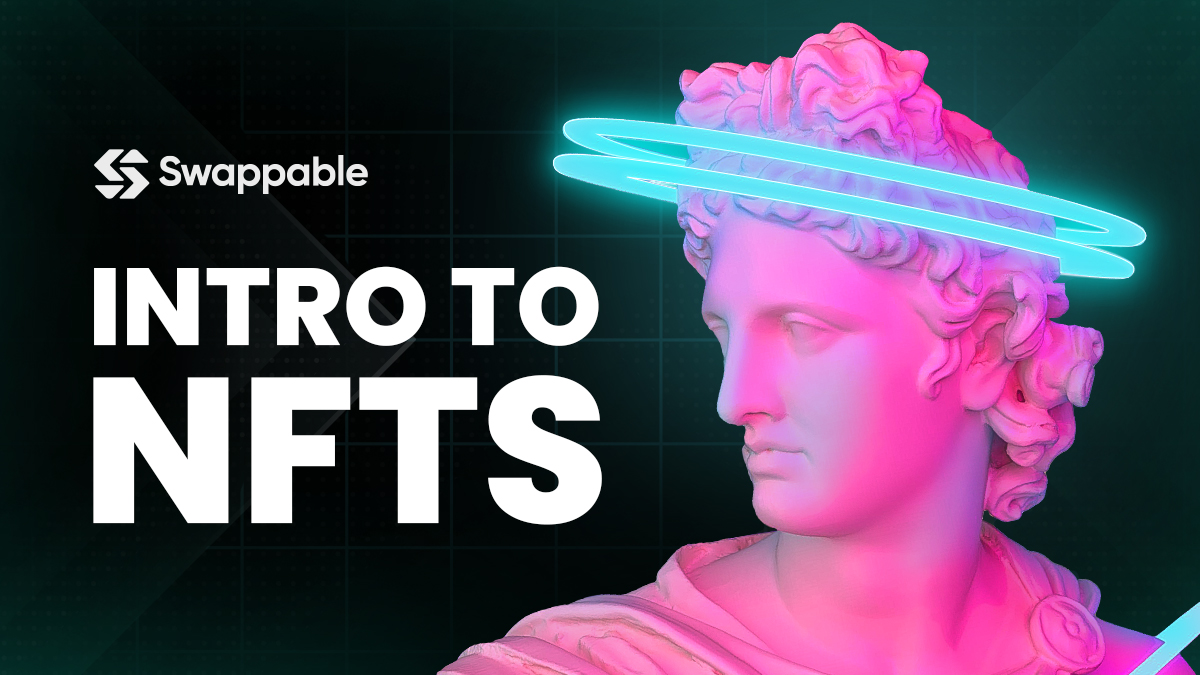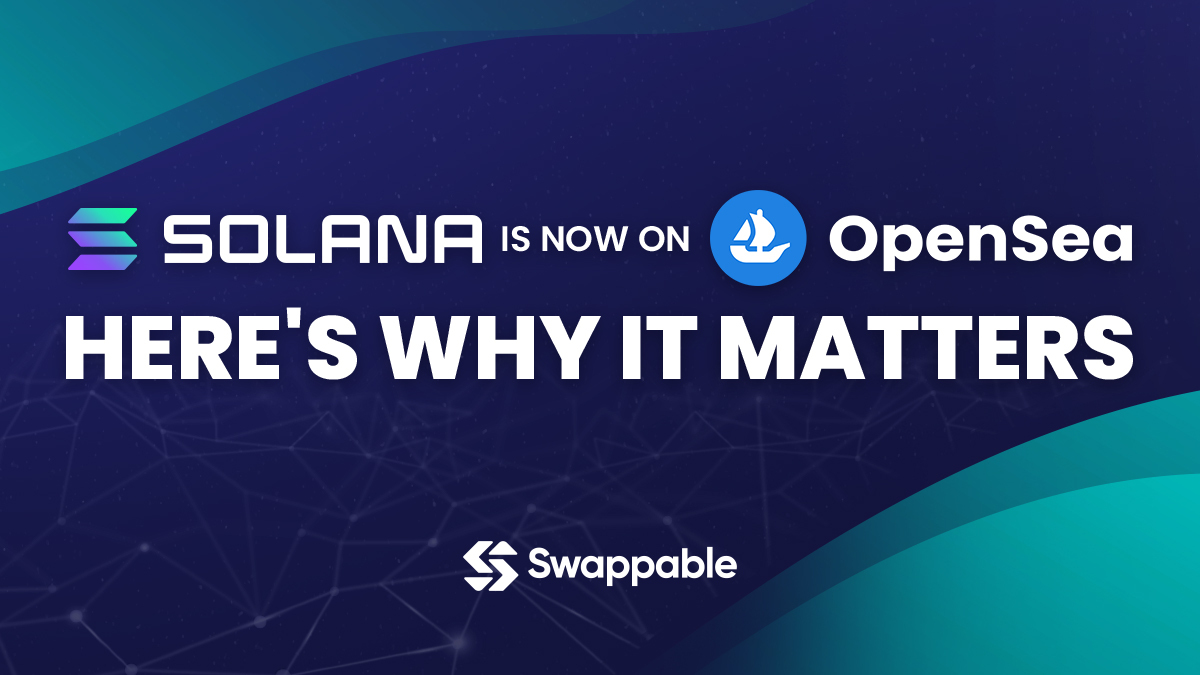Launching an NFT project requires excellent decision-making skills. There are multiple essential decisions that you must make before you are ready to sell your first NFT, and these decisions go beyond simply the design of your NFTs. One of the most important decisions that anyone planning to launch an NFT project has to make is what blockchain to use to launch their NFT project.
Things To Think About When Choosing A Blockchain For Your NFT Project
This decision has the potential to impact the trajectory of your NFT project. It can determine how many people know your project and who sees it. The blockchain’s characteristics can affect your NFT project as well. When making this decision, you will want to understand the blockchain’s transaction speed and cost and the consensus mechanism the blockchain uses.
The consensus mechanism can impact the likelihood of an attack on the blockchain; for example, Proof-Of-Work blockchains deal with more threats than Proof-Of-Stake blockchains. PoS systems are generally more environmentally friendly system than PoW systems.
When weighing your options, consider whether you want sustainability as a core component of your NFT project. If your project is “green”, it will be hard to operate on a consensus mechanism dealing with bad press for climate and sustainability.
You will also want to research the level of security that the blockchain has, whether it is scaleable, and how many people use the blockchain.
To help you consider your options, we compiled a list of some notable blockchains in the NFT space.
Using The Ethereum Blockchain For Your NFT Project
There are reasons why the Ethereum blockchain is the first blockchain on our list. Ethereum is the most widely used blockchain for NFTs. Nobody can deny Ethereum’s dominance in the NFT market. Originally, NFT projects went straight to Ethereum, but since the early days of NFTs, some other blockchains have been making their presence known in the NFT space. However, they still don’t have the market share that Ethereum does. The most widely used NFT marketplace, OpenSea’s cross-chain support, includes the Ethereum blockchain, and Rarible, another top NFT marketplace project, is built on Ethereum.
It figures that Ethereum has become the leader in the NFT market, considering its innovation in smart contracts and the development of decentralized finance (DeFi) solutions. It seems Ethereum is a trailblazer in every recent development in the blockchain space, and we expect its influence to continue well into the future.
Using an industry leader to launch your project is never a bad idea.
Using The Solana Blockchain For Your NFT Project
The Solana blockchain is Ethereum’s top competitor, and for good reason. Solana remedied the network congestion and high transaction fees that have become common on the Ethereum network. Solana uses a unique hybrid consensus model, combining Proof-of-Stake with Proof-of-History, which has enabled it to scale and offer faster transaction speeds than other blockchains while keeping transaction costs low. It provides the most logical threat to Ethereum’s dominance in the NFT space, although it still has a long way to go to reach Ethereum’s market share.
Despite Ethereum’s dominance, the leading Ethereum NFT marketplace, OpenSea, announced its integration with Solana NFTs. This will further increase Solana’s growing impact on the NFT space. Other NFT marketplaces, like Solanart, dedicate their spaces entirely to Solana NFTs.
Ethereum plans to switch to Proof-of-Stake to address its transaction cost and speed issues, but will it be enough to keep Solana far behind? We’ll have to wait and see. One thing is for sure. Solana’s growing influence in the NFT space and as a blockchain in general and its lightning-fast transaction speeds and low costs make it an attractive choice for any NFT project.
Using The Polygon Blockchain For Your NFT Project
Polygon is a blockchain protocol powered by Ethereum, and its autonomous smart contracts enable scalable solutions. This functionality is also used to make NFTs more efficient. NFTs created on Polygon are on marketplaces like OpenSea. As a Layer 2 protocol, Polygon has a relatively fast transaction speed, allowing it to process thousands of transactions efficiently. Thanks to its connection to Ethereum, it still maintains a high-security level.
Using The Cardano Blockchain
Cardano is another blockchain in the NFT space and could be a suitable blockchain for your NFT project. Cardano uses a unique Proof-of-Stake consensus mechanism called Ouroboros. Cardano’s goal is to be the most environmentally conscious blockchain platform, so if you are Earth-conscious, it serves as a great option to host your NFTs.
Binance Smart Chain
Binance is not only the most popular cryptocurrency exchange in the world. It also has its own NFT marketplace, and Binance Smart Chain hosts several NFT projects. Considering Binance beat all other exchanges to the #1 spot should give you confidence in it.
There are many more blockchains that we didn’t list that are compatible with NFTs. Ultimately, it would be best to decide which blockchain to use based on what matters to you most; speed, notoriety, security, scalability, or sustainability. The final choice is up to you.




